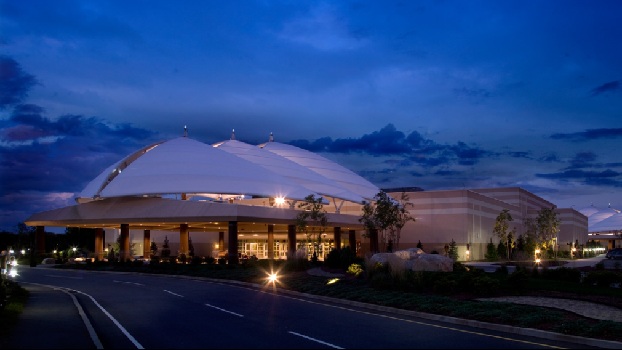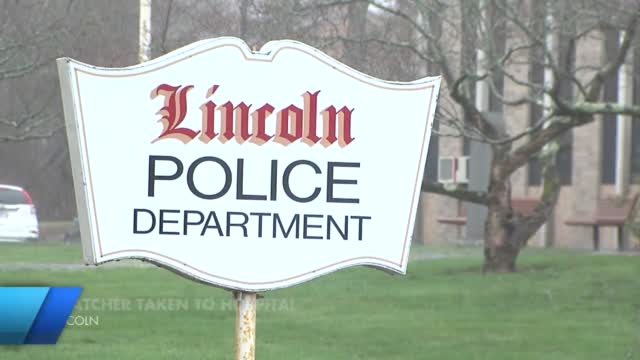When Thailand’s parliament reconvenes in July, the entertainment complex bill—focused on legalizing and regulating casino-integrated resorts—will be high on the legislative docket, Deputy Finance Minister Julapun Amornvivat confirmed. The measure has garnered notable attention not just locally, but from leading international players in the casino and entertainment industry.
International investors eye Thai market as costs rise:
Julapun stated that over the past fortnight, prominent global operators, including Wynn Resorts and MGM Resorts, held meetings with him to express a strong interest in investing in Thailand’s emerging casino complex market. He noted that the country’s infrastructure and tourism volume make it a particularly attractive destination for such large-scale developments.
“There are only about five to seven top-tier global operators in this sector, and they all view Thailand as a promising investment destination,” Julapun told The Bangkok Post. Bangkok, he added, has the potential to host more than one such integrated resort due to its urban development and capacity to support major projects.
The proposed investment per entertainment complex could range from 200 billion to 300 billion baht, significantly higher than the initial 100 billion baht estimate. Julapun clarified that while the exact number of sites hasn’t been determined, the maximum would likely be capped between three and five, with seven being the uppermost possible limit.
These entertainment hubs are being envisioned as more than just casinos. Julapun revealed that beyond gambling, Thailand is looking to attract other forms of global entertainment businesses—such as theme park operators, major sports event organizers, and developers of immersive experiences using advanced technologies like virtual and augmented reality.
The nation’s tourism industry, which welcomes close to 40 million international visitors annually, is a central pillar supporting the proposal. The ease of access offered by Thailand’s mass-transit systems and the country’s scenic destinations were cited as crucial assets in luring investors.
Concerns over gambling addiction addressed with strict oversight:
As momentum builds around the bill, it has also triggered public concern. On March 27, protesters gathered outside Government House following cabinet approval of the bill, worried that casino legalization could increase social issues like gambling addiction or money laundering.
Julapun responded by highlighting the rigorous controls being planned for these entertainment complexes. “The level of control in entertainment complex casinos is actually stricter than in the banking sector,” he stated. Measures will include compulsory visitor registration and comprehensive surveillance across all casino spaces.
He emphasized that these facilities would differ substantially from illegal gambling operations, often found on Bangkok’s outskirts or border zones. Instead, the vision is for tightly regulated, internationally compliant resorts.
To mitigate problem gambling, Julapun said intervention measures would involve third parties—such as families—to assist individuals facing gambling-related challenges. Programs may include structured support systems to help them regain control.
On the proposal that Thai citizens must maintain a minimum bank balance of 50 million baht to gain casino access, Julapun noted that while the rule might offer some reassurance, it is not a complete solution to eradicating illegal gambling.
The government, he reiterated, is pursuing this bill not merely as a way to boost tourism revenues, but to attract a broader ecosystem of entertainment, technology, and event-driven enterprises, further anchoring Thailand as a regional hub for integrated resorts.





